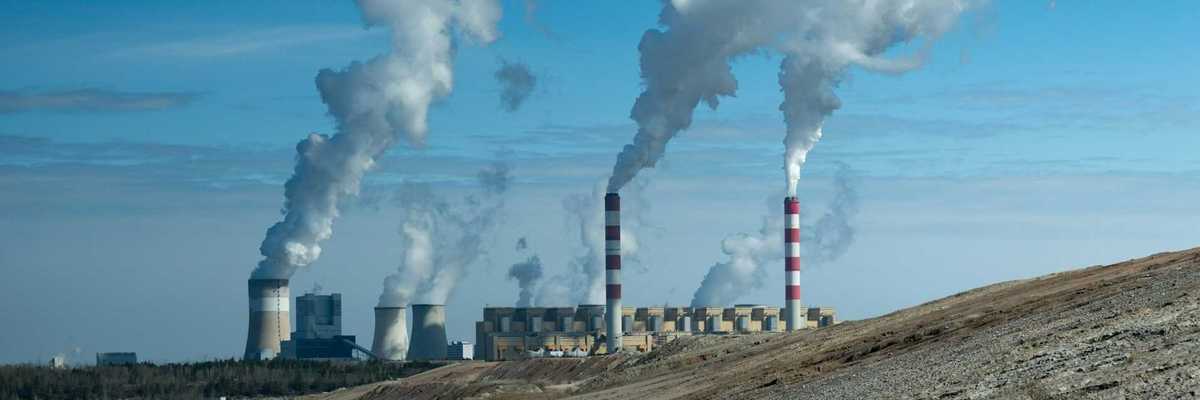spain
Spain relies on desalination to meet its water needs
Spain increasingly uses desalination to address water shortages for tourism, agriculture, and growing coastal populations.
Stanley Reed and Rachel Chaundler report for The New York Times.
In short:
- Spain's Torrevieja desalination plant produces over 60 million gallons of fresh water daily, supporting 1.6 million people and agricultural needs.
- Spain leads Europe in desalination, and global reliance on desalination is growing due to urban expansion and climate change-driven droughts.
- Environmental concerns include the potential harm of high-salinity wastewater on marine life, though Spain has invested in plant expansion and environmental monitoring.
Key quote:
"We have a very high-quality water from a source of supply that is endless."
— Ana Boix, deputy manager of the Torrevieja plant
Why this matters:
As water scarcity intensifies, desalination offers a critical solution but raises environmental challenges. Desalination plants are energy-intensive, often relying on fossil fuels which contribute to greenhouse gas emissions. In addition, the process produces a byproduct known as brine, a highly concentrated salt solution, which if not properly managed, can severely damage marine ecosystems by altering salinity levels and degrading water quality.
Spain's green energy boom creates supply-demand challenges
Spain's rapid expansion of renewable energy has led to excess electricity supply, presenting challenges for the industry.
In short:
- Spain's wind and solar energy capacity has significantly increased, making it the EU's second-largest renewable energy producer.
- Despite economic growth, electricity consumption has dropped, causing periods of excess supply and fluctuating prices.
- Experts suggest accelerating electrification and improving energy storage to balance supply and demand.
Key quote:
"We need to engage more people and more industries in demand-side management."
— Sara Pizzinato, a renewable energy expert at Greenpeace Spain
Why this matters:
Renewable energy has been a cornerstone of Spain's environmental strategy, aiming to reduce carbon emissions and mitigate climate change. However, the influx of renewable power has outpaced the development of infrastructure needed to store and distribute it effectively. Without sufficient storage solutions, such as advanced batteries or pumped hydro storage, excess electricity often goes to waste or forces the grid to curtail production.
Spain's historic drought: a global warning
Spain is grappling with a severe drought, leading to drastic measures and a broader discussion on water management and climate change.
In short:
- Spain's government plans to ship water to Catalonia amid a historic drought, with reservoir levels critically low.
- The crisis has sparked debates over water resource management, with tensions between regions like Catalonia and Aragon.
- Spain's environment minister emphasizes the need for long-term solutions, including desalination plants and recycled water use.
Key quote:
“It is not politically responsible to be populist with water. The water wars ... are dangerous. Water is a basic resource for a family.”
— Teresa Ribera, Spanish environment minister
Why this matters:
Spain's drought highlights the need for sustainable water management strategies and international cooperation to address these challenges. The situation in Spain could be a precursor to similar crises in other parts of the world, underscoring the importance of proactive measures to conserve and manage water resources effectively.
The planet is losing free-flowing rivers. This is a problem.
Italy and Spain experienced some of the world’s most costly climate disasters in 2023
Spain produced just over half of electricity from renewable sources in 2023
Drought in Spain leaves villagers fearing a drier future
Spain hit hard by rising price of olive oil as climate change takes its toll on production
Drought and extreme heatwaves have halved Spanish olive oil production. The price at origin has increased by 112 per cent since last year.









